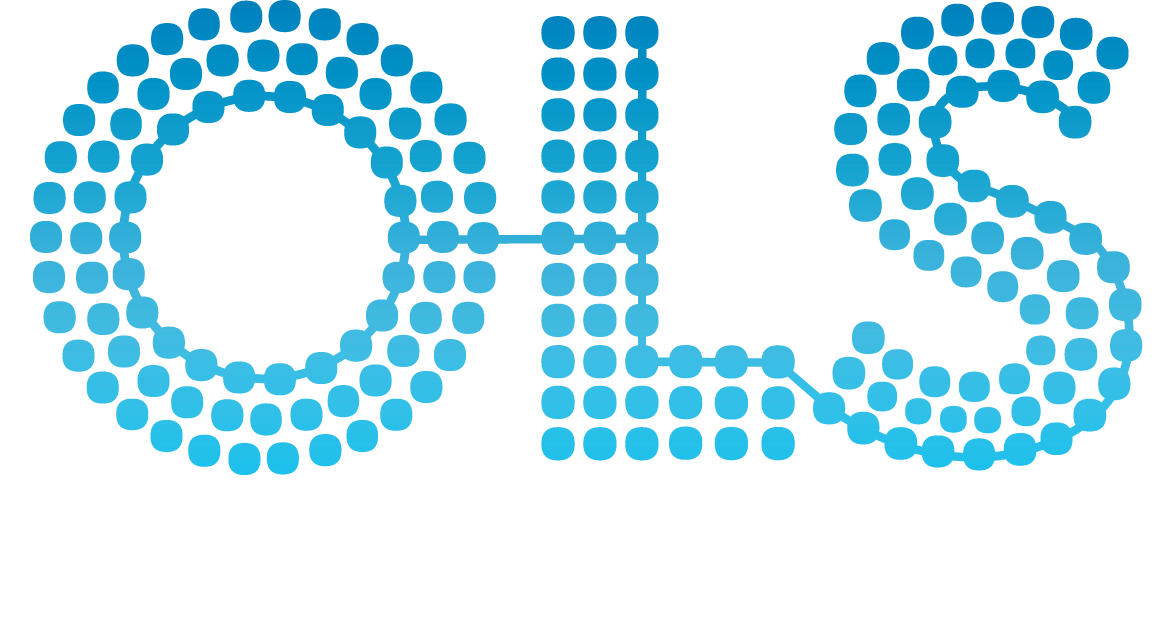|
posterior nucleus of hypothalamus
|
UBERON_0002706 |
[The posterior nucleus of the hypothalamus is one of the many nuclei that make up the hypothalamic region of the brain. Its function is thermoregulation (heating) of the body. Damage or destruction of this nucleus causes hypothermia.] |
|
insect arista
|
UBERON_6004519 |
[Highly specialised, slender sixth segment of the antenna covered in bristle-like outgrowths known as laterals. It extends laterally from the dorsal region of the third segment of the antenna.] |
|
segment of antenna
|
UBERON_6007149 |
[Any appendage segment that is part of some antenna.] |
|
corticospinal tract
|
UBERON_0002707 |
[The corticospinal fibers that arise from the pyramidal cells within the cerebral cortex layer V of the precentral motor area, the premotor area and the postcentral gyrus, then descend into and through the medulla to form the lateral corticospinal tract and the anterior corticospinal tract.] |
|
posterior periventricular nucleus
|
UBERON_0002708 |
|
|
disconnected
|
PATO_0010001 |
[A structural quality inhering in the bearer by virtue of the bearer consisting of multiple structures lacking any physical connection to each other.] |
|
anterior median oculomotor nucleus
|
UBERON_0002701 |
|
|
middle frontal gyrus
|
UBERON_0002702 |
[Component of the frontal lobe, lateral aspect (Christine Fennema-Notestine).] |
|
precentral gyrus
|
UBERON_0002703 |
[Component of the frontal lobe. The appearance and disappearance of the central sulcus is the rostral and caudal boundaries of the precentral gyrus respectively. The medial boundary is specific frontal gyri (superior, middle and inferior) whereas the lateral boundary is the medial bank of the central sulcus (Christine Fennema-Notestine).] |
|
metathalamus
|
UBERON_0002704 |
[The metathalamus is a composite structure of the thalamus, consisting of the medial geniculate nucleus and the lateral geniculate nucleus. [WP,unvetted].] |
|
organonitrogen compound metabolic process
|
GO_1901564 |
[The chemical reactions and pathways involving organonitrogen compound.] |
|
primary metabolic process
|
GO_0044238 |
[The chemical reactions and pathways involving those compounds which are formed as a part of the normal anabolic and catabolic processes. These processes take place in most, if not all, cells of the organism.] |
|
extraembryonic vascular system
|
UBERON_0014701 |
[A vascular system that overlaps a umbilical cord and is part of a entire extraembryonic component.] |
|
vascular system
|
UBERON_0007798 |
[Anatomical system that consists of all blood and lymph vessels.] |
|
posterior nuclear complex of thalamus
|
UBERON_0002709 |
[Part of thalamus comprising ill defined cellular groups in the caudal thalamus at the meso-diencephalic junction. It is not a homogeneous structure but consists of several distinct cellular groups, including the suprageniculate and limitans nuclei, the magnocellular division of the medial geniculate body, portions of the pulvinar nucleus and an area of mixed cell types intercalated between the ventroposterior nucleus and the nucleus lateral posterior (Brodal, Neurological Anatomy, 3rd ed., 1981, pg 97).] |
|
nuclear complex of neuraxis
|
UBERON_0007245 |
[Gray matter of the central nervous system which is a collection of clustered nuclei.] |
|
imaginal disc morphogenesis
|
GO_0007560 |
[The process in which the anatomical structures derived from an imaginal disc are generated and organized. The imaginal discs are epithelial infoldings in the larvae of holometabolous insects that develop into adult appendages (legs, antennae, wings, etc.) during metamorphosis from larval to adult form.] |
|
animal organ morphogenesis
|
GO_0009887 |
[Morphogenesis of an animal organ. An organ is defined as a tissue or set of tissues that work together to perform a specific function or functions. Morphogenesis is the process in which anatomical structures are generated and organized. Organs are commonly observed as visibly distinct structures, but may also exist as loosely associated clusters of cells that work together to perform a specific function or functions.] |
|
anatomical structure morphogenesis
|
GO_0009653 |
[The process in which anatomical structures are generated and organized. Morphogenesis pertains to the creation of form.] |
|
eclosion
|
GO_0007562 |
[The emergence of an adult insect from a pupa case.] |
